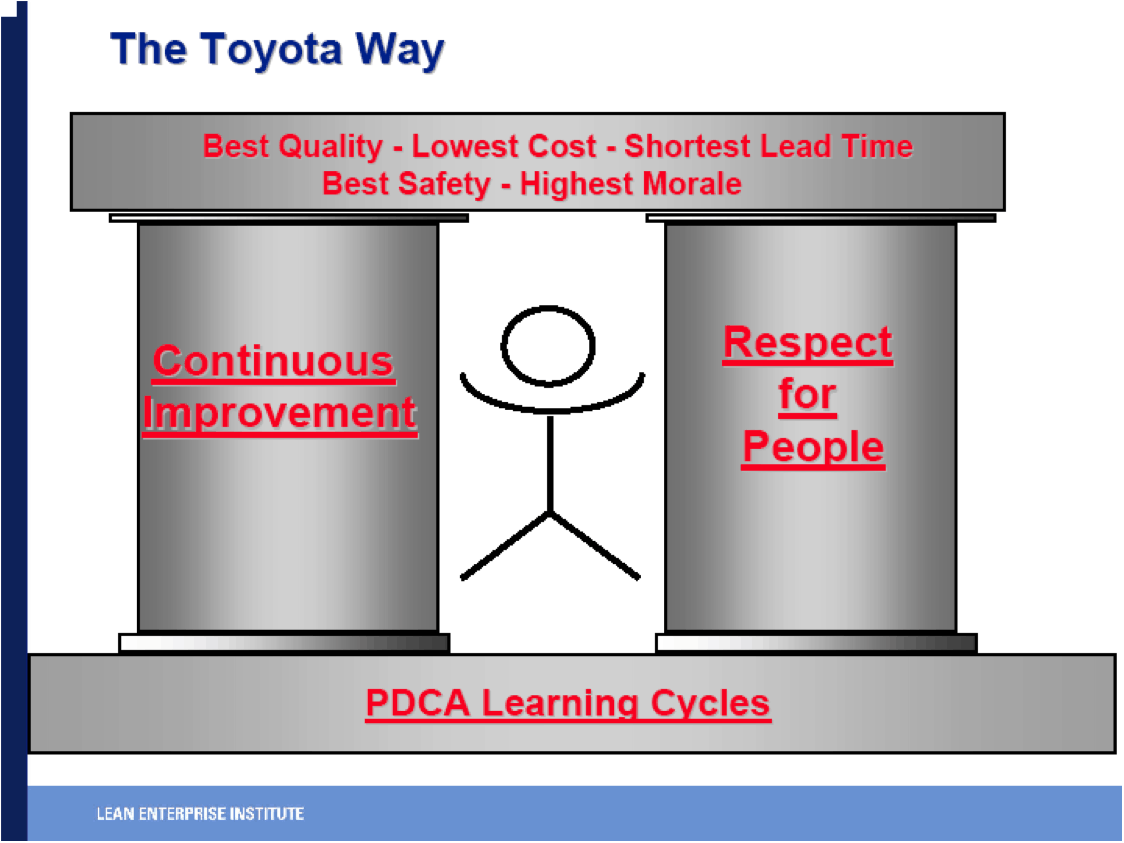Today I’ve experience a rare thing. I went into a restaurant in Stockholm. It was a new place to me I’ve never been there before, to my knowledge. The restaurant was crowded as it was lunch hours. One by one the queue in front of me disappeared and went out the door again. So I started to realize that something wasn’t right here. Food’s out? Food’s bad? Only veggies left? When I came up to counter to order the man behind the counter let me and then said:
“The card machine has not been acting up during the last hours. Let’s see how this goes…”
Sure enough - the card machine was broken. I couldn’t pay. So I put my card back into my pocket and turned around to go. Then he said it:
“You know what … It doesn’t matter. Take a seat and we’ll bring you your meal in a jiffy. You can pay the next time. Welcome!”
The thing is; this was my first time at the place. He couldn’t possible know me or my habits. I’m not even in these part of Stockholm that often.
Unearned trust.
It got me thinking. That’s something we would need more of in the software business as well. How would that look?

We often talk about trust in agile contexts and it is important. It’s even one of the pillars of the Toyota Production System - Respect for people (by the way - you must see Liz Keogh’s talk on the subject from Lean Agile Scotland). This means that we take the needs and goals of the individual workers into consideration as we strive to reach the goals of the organization.
But it also mean that we foster a culture of team work and autonomy, in the sense that the team take responsibility for their own work.
In order to get there the organization needs to trust the individuals to do their best. The individual in turn need to trust not only the other members of the team but also the rest of the organization to do their part, not back-stab each other and to put the common good before themselves.
There’s a lot of trust involved in order for this to click.
Now, often when we talk about trust as something that we should earn. “You have to earn trust here”, “… and then when we know we can trust you can act a little more freely”. I’ve even have had free roles (yah!) that we decided we only could bestow on people that had been in the company for some time (yah?…. or wait a second here?). This is not really trust to me. That’s more like perks that you have earned for “long and faithful service”. That’s good too but that’s not trust.
Risk
To trust someone implies a little risk taking. Since you don’t really know how the guy, who’s CV you just read, really will deliver what’s promised. You have to trust her on doing that. You risk being wrong.
I remember hiring a guy that didn’t live up to the standards (CV-wise) we had. He had extraordinary social skills and seemed to be good programmer. So we simply said that to him “Hey M, we think you seem like a great guy. We gonna trust you to do great stuff here. And we’ll help you as you need - just ask us”.
It turned out that he was a brilliant programmer and was loved at every customer he went to. We couldn’t of course know that. But we trusted him on being great - and he was.
Pay it forward
What would happen to you if someone showed you trust, that you haven’t earned:
“Welcome onboard, John. We would like you to deploy to production today”
You feel inclined to do your best, right? You want to show that the trust wasn’t misplaced or that you didn’t live up to the trust that you got.
What would it do with your view on others? With the culture in that team, group or company? What if trust was the way we did business here. We trust each other.
There’s a lot of safety nets and controls that are built into many organizations today that exists simply because we don’t trust each other to do great work. Don’t get me wrong - I’m all for testing for example but I seem many organizations where this is taken to control mechanism.
One of the saddest things I’ve heard was when I got fed up on talking about roles at one companies. We had discussed roles and who should do what for 5 consecutive meetings. So I took one of the informal leaders aside and asked her why:
“You know, here we have a culture of making sure to note down everything someone should do in the role description. Just so that they cannot renounce it later”
No trust! Not even earned trust. Just distrust and control mechanisms.
Summary
These where just some thoughts that popped up in my head as I was met with unearned trust. There are religions built around this concept - then it’s called grace. And grace can never be earned. It’s given for free and unearned.
You cannot do anything to deserve to be met with trust. It’s a gift.
You can, however, pass it on. Trust others that you have no reason to trust. Maybe, just maybe they will grow from that, do better work and start trusting others in turn.
I trust you to do that.